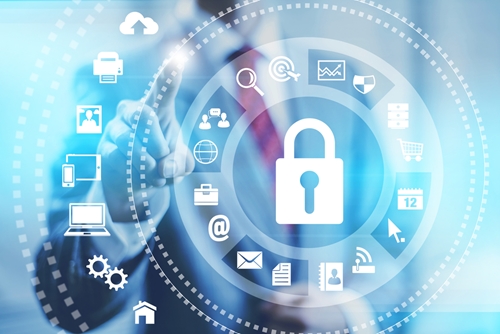Cloud and data security remain top concern but receive $10 million grant
As the ever expanding world of digital technology in the health care field moves into the new year, cloud computing and data security remain amid the top concerns among leaders and specialists in the industry. The list of health care security breaches for 2015 is extensive. Recent studies have shown that these mobile health security concerns will stay at the top of the agenda in 2016 and many organizations will invest more time and energy into security efforts, according to Health Data Management.
Cloud and data security trends for 2016
Health Data Management reported that Skyhigh Networks CEO, Rajiv Gupta, sees a number of trends in cybersecurity likely for the coming year. Gupta explained that although many companies are now highly advanced on the cloud, their security measures are still far behind. This means that in the coming year as companies try to play catch-up, budgets for cloud security will be more than overall IT security spending. Following the costs of cyber attacks in 2015, Gupta said that insurance prices are on the rise. Additionally, he stated that most cloud security incidents will likely come from the inside.
National Science Foundation provides $10 million grant
One effort to make strides in cloud and mobile network security health care comes from the $10 million grant recently awarded to the Trustworthy Health and Wellness research group from the National Science Foundation, according to Healthcare IT News. The Trustworthy Health and Wellness group, better known as the THaW project, is sponsored by the NSF and led by Professor of Computer Science at Dartmouth College David Kotz. The THaW team is comprised of other experts from Dartmouth, as well as from John Hopkins University, Vanderbilt University, the University of Michigan and the University of Illinois Urbana-Champaign who specialize in information technology, behavioral health, health policy and computer science.
The overall goal of the five year grant period will be to research and analyze all security issues in mobile health.
"Mobile medical applications offer tremendous opportunities to improve quality and access to care, reduce costs and improve individual wellness and public health," said Kotz in a statement. "However, these new technologies, whether in the form of software for smartphones or specialized devices to be worn, carried or applied as needed, may also pose risks if they are not designed or configured with security and privacy in mind."
THaW's research team
Recently, industry experts have found through research that many of the top-rated mobile health apps are not encrypting health information, according to Health IT Security. Digging further, research conducted by the THaW team found that more than 60 percent of the 22 randomly selected top-rated mobile health apps investigated sent unencrypted health data to a number of third-party storage services. These services included the cloud. THaW also found that close to 81 percent of these apps used third-party cloud storage.
As the research group uses the funding to investigate mobile health security issues, they'll especially dig deep into wearable devices and popular health apps, reported Health IT Security. Yet so far the team is finding the security concerns difficult to solve. Primarily this is because the health information stored on mobile apps is generally out of HIPAA regulations. The government does not currently mandate app developers to take security measures. Consequently, health IT security professionals will need to work collaboratively with app developers to fix these gaps, which could prove hard to do. The research team has suggested that steps be made to encourage these mobile health app developers to take greater security measures.
"THaW research is identifying gaps in security and providing practical security solutions," team leader Kotz said. "We are developing novel methods for security and privacy, so we can help usher in an era of effective and secure mHealth solutions."



